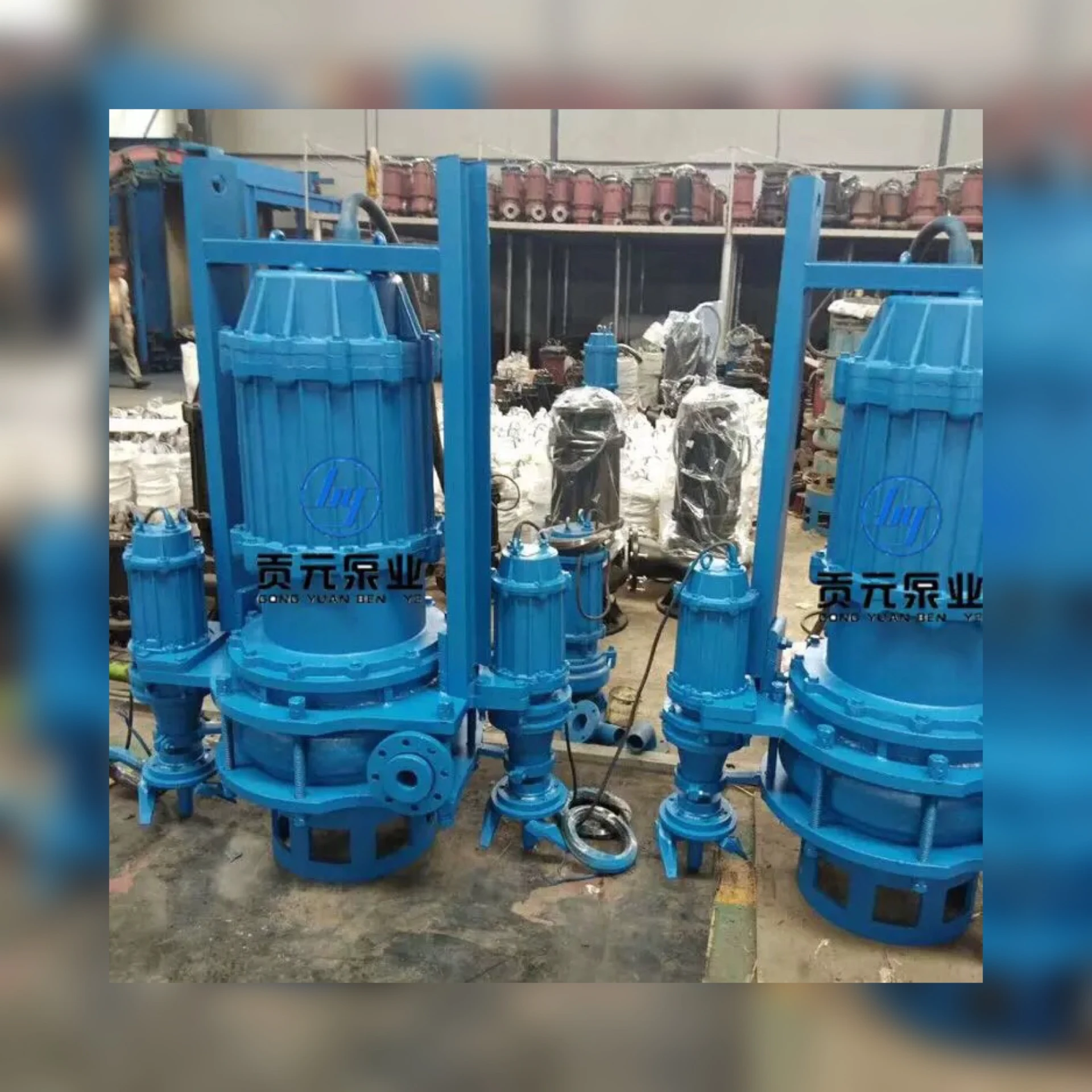Sesotho
- Afrikaans
- Albanian
- Amharic
- Arabic
- Armenian
- Azerbaijani
- Basque
- Belarusian
- Bengali
- Bosnian
- Bulgarian
- Catalan
- Cebuano
- Corsican
- Croatian
- Czech
- Danish
- Dutch
- English
- Esperanto
- Estonian
- Finnish
- French
- Frisian
- Galician
- Georgian
- German
- Greek
- Gujarati
- Haitian Creole
- hausa
- hawaiian
- Hebrew
- Hindi
- Miao
- Hungarian
- Icelandic
- igbo
- Indonesian
- irish
- Italian
- Japanese
- Javanese
- Kannada
- kazakh
- Khmer
- Rwandese
- Korean
- Kurdish
- Kyrgyz
- Lao
- Latin
- Latvian
- Lithuanian
- Luxembourgish
- Macedonian
- Malgashi
- Malay
- Malayalam
- Maltese
- Maori
- Marathi
- Mongolian
- Myanmar
- Nepali
- Norwegian
- Norwegian
- Occitan
- Pashto
- Persian
- Polish
- Portuguese
- Punjabi
- Romanian
- Russian
- Samoan
- Scottish Gaelic
- Serbian
- Sesotho
- Shona
- Sindhi
- Sinhala
- Slovak
- Slovenian
- Somali
- Spanish
- Sundanese
- Swahili
- Swedish
- Tagalog
- Tajik
- Tamil
- Tatar
- Telugu
- Thai
- Turkish
- Turkmen
- Ukrainian
- Urdu
- Uighur
- Uzbek
- Vietnamese
- Welsh
- Bantu
- Yiddish
- Yoruba
- Zulu
Telephone: +86 13120555503
Email: frank@cypump.com
Dec . 26, 2024 07:46 Back to list
Sewer Tank Pumping Solutions for Effective Wastewater Management and System Maintenance
Understanding Sewer Tank Pumps Essential Components of Wastewater Management
Sewer tank pumps play a pivotal role in modern wastewater management systems. They are designed to transport sewage and wastewater from lower levels to higher elevations, ensuring that waste is properly processed and treated. In this article, we will explore the importance, functionality, types, and maintenance of sewer tank pumps.
Importance of Sewer Tank Pumps
Sewer tank pumps are crucial for maintaining sanitary conditions in residential, commercial, and industrial settings. When gravity alone cannot facilitate the movement of wastewater, these pumps come into play. They help prevent flooding and ensure that sewage is directed toward treatment facilities, helping to protect the environment and public health. Their role is especially vital in areas where the elevation of the sewage system is lower than the main sewer line, necessitating a pumping solution.
How Sewer Tank Pumps Work
The primary function of a sewer tank pump is to move sewage from a collection tank to the main sewage line. The process begins when wastewater flows into a holding tank, where it is stored temporarily. When the liquid reaches a predetermined level, the float switch activates the pump. Once the pump is powered, it generates pressure, forcing the wastewater through pipes to the treatment facility.
The pumps are designed to handle solid waste, grease, and other materials commonly found in sewage. They typically feature robust impellers and grind mechanisms that break down larger particles. This technology reduces the risk of clogging and ensures efficient transport of wastewater.
Types of Sewer Tank Pumps
There are several types of sewer tank pumps, each suited for different applications
1. Submersible Pumps These pumps operate underwater and are commonly used for sewage applications. Their design allows them to push sewage up to the surface and into the sewer line. Submersible pumps are praised for their efficiency and low noise levels.
2. Effluent Pumps Unlike sewage pumps, effluent pumps are designed for pumping liquid waste, including wastewater with fewer solids. They are typically employed in systems where wastewater needs to be transported from a septic tank to a drain field.
sewer tank pump

3. Grinder Pumps These pumps are specifically designed to shred solid waste into smaller particles before pumping it away. They are ideal for homes that are situated below the level of the municipal sewer line, as they can effectively move waste over long distances.
4. Sewage Pumps Standard sewage pumps are usually installed in basements or collection areas. They can handle raw sewage and are able to process solid materials within the waste.
Maintenance of Sewer Tank Pumps
Regular maintenance is vital for the longevity and efficiency of sewer tank pumps. Homeowners and facility managers should follow a few key practices to ensure these pumps operate reliably
1. Routine Inspection Inspect the pump monthly for any signs of wear, leaks, or unusual noises. Early detection of issues can prevent costly repairs.
2. Cleaning Keep the pump and surrounding area clean to prevent debris from entering the system. Accumulated debris can lead to clogging, reducing efficiency.
3. Testing Periodically test the pump by simulating a rise in water levels. This will confirm that the float switch and pump are functioning correctly.
4. Professional Servicing Schedule regular professional inspections to handle more complex maintenance tasks. Experts can identify potential issues that an untrained eye might overlook.
Conclusion
Sewer tank pumps are indispensable for efficient wastewater management in various settings. By understanding how they work, the different types available, and the importance of regular maintenance, property owners can ensure that their systems function smoothly. Properly maintained sewer tank pumps not only enhance sanitation and public health but also contribute to a cleaner environment. Investing time and resources into these systems is a vital step in responsible property management and environmental stewardship.
-
High-Efficiency Submersible Effluent Pump for Sewage & Wastewater Solutions
NewsJul.08,2025
-
High Quality CH Warman Slurry Pump Factory - Leading Horizontal Slurry Pump Supplier
NewsJul.08,2025
-
Hot Sale Chemical Circulating Pump – Efficient & Durable Slurry Circulating Pump Solutions
NewsJul.08,2025
-
High-Efficiency Submersible Dredge Pump for Sand & Gravel Durable Dredge Slurry Pumps Solutions
NewsJul.07,2025
-
Wholesale Slurry Pump Impeller Supplier – High-Quality & Efficient Pump Parts for Enhanced Performance
NewsJul.07,2025
-
High-Efficiency Water Submersible Pumps Reliable Water Pump for Potable Water Supply
NewsJul.06,2025










